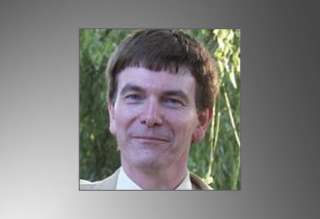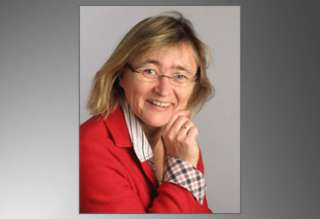SPS Feed
Top Reasons to Join SPS Today!
1. IEEE Signal Processing Magazine
2. Signal Processing Digital Library*
3. Inside Signal Processing Newsletter
4. SPS Resource Center
5. Career advancement & recognition
6. Discounts on conferences and publications
7. Professional networking
8. Communities for students, young professionals, and women
9. Volunteer opportunities
10. Coming soon! PDH/CEU credits
Click here to learn more.
The Latest News, Articles, and Events in Signal Processing
The objective of meta-learning is to exploit knowledge obtained from observed tasks to improve adaptation to unseen tasks. Meta-learners are able to generalize better when they are trained with a larger number of observed tasks and with a larger amount of data per task. Given the amount of resources that are needed, it is generally difficult to expect the tasks, their respective data, and the necessary computational capacity to be available at a single central location.
The fundamental task of classification given a limited number of training data samples is considered for physicalsystems with known parametric statistical models. The standalone learning-based and statistical model-based classifiers face major challenges towards the fulfillment of the classification task using a small training set. Specifically, classifiers that solely rely on the physics-based statistical models usually suffer from their inability to properly tune the underlying unobservable parameters, which leads to a mismatched representation of the system’s behaviors.
We develop a novel 2D functional learning framework that employs a sparsity-promoting regularization based on second-order derivatives. Motivated by the nature of the regularizer, we restrict the search space to the span of piecewise-linear box splines shifted on a 2D lattice. Our formulation of the infinite-dimensional problem on this search space allows us to recast it exactly as a finite-dimensional one that can be solved using standard methods in convex optimization.
The paper develops novel algorithms for time-varying (TV) sparse channel estimation in Massive multiple-input, multiple-output (MMIMO) systems. This is achieved by employing a novel reduced (non-uniformly spaced tap) delay-line equalizer, which can be related to low/reduced rank filters. This low rank filter is implemented by deriving an innovative TV (Krylov-space based) Multi-Stage Kalman Filter (MSKF), employing appropriate state estimation techniques.
Lecture Date: April 13, 2022 (Virtual Lecture)
Chapter: North New Jersey
Chapter Chair: Alfredo Tan
Topic: TBA
Lecture Date: March 1, 2022 (Virtual Lecture)
Chapter: Tokyo
Chapter Chair: Kazuya Takeda
Topic: TBA
Pages
SPS Social Media
- IEEE SPS Facebook Page https://www.facebook.com/ieeeSPS
- IEEE SPS X Page https://x.com/IEEEsps
- IEEE SPS Instagram Page https://www.instagram.com/ieeesps/?hl=en
- IEEE SPS LinkedIn Page https://www.linkedin.com/company/ieeesps/
- IEEE SPS YouTube Channel https://www.youtube.com/ieeeSPS






















